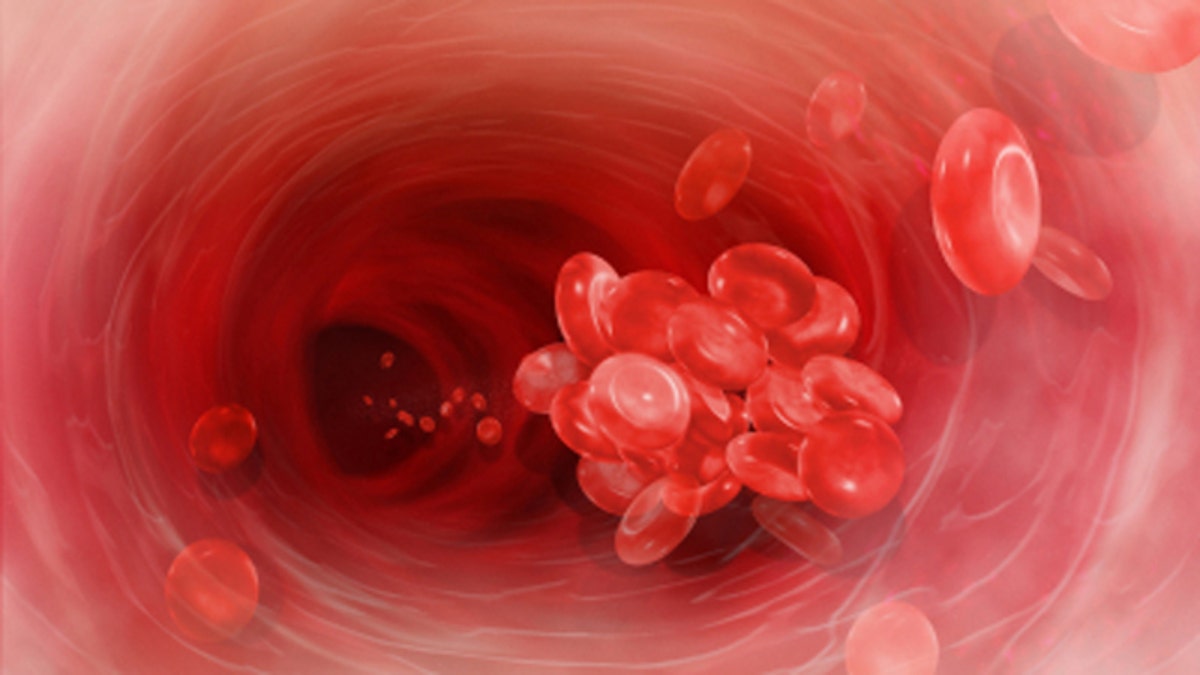
(iStock)
A panel of advisers to the U.S. Food and Drug Administration voted 9-1 in favor of approving Japanese drugmaker Daiichi Sankyo Co's blood thinner for use in some patients with atrial fibrillation.
The drug, edoxaban, is a once-daily anticoagulant that inhibits Factor Xa, a protein that plays a central role in blood-clotting. If approved, it would compete with three other medicines already vying to displace a decades-old treatment.
Edoxaban is a potential treatment for non-valvular atrial fibrillation, a particular form of a condition characterized by a rapid, irregular heartbeat that is often the cause of strokes.
According to late-stage trial data submitted by Daiichi, the drug is as effective - and safer than - warfarin, an anticoagulant that has been on the market for more than half a century.
While effective in preventing strokes, warfarin's use requires blood-level monitoring, dose adjustments and dietary restrictions.
Edoxaban could compete with Xarelto, sold by Bayer AG and Johnson & Johnson; Eliquis, sold by Bristol-Myers Squibb Co and Pfizer Inc, and Pradaxa, made by privately held Boehringer Ingelheim.
Despite the overwhelmingly positive vote, the advisers on the panel were divided over whether edoxaban should be used in all patients, or limited to those with impaired kidney function.
On Tuesday, FDA staff reviewers recommended limiting use of the drug to renally impaired patients - a decision based on subgroup data that showed a 60 mg dose was "almost significantly worse" than warfarin in patients with normal kidney function.
The FDA is not obligated to follow the recommendations of its advisory panels, although it typically does so.
Savaysa, the proposed brand name for edoxaban in the United States, is also undergoing regulatory review for the treatment of venous thromboembolism (VTE), blood clots that form in the veins.







































